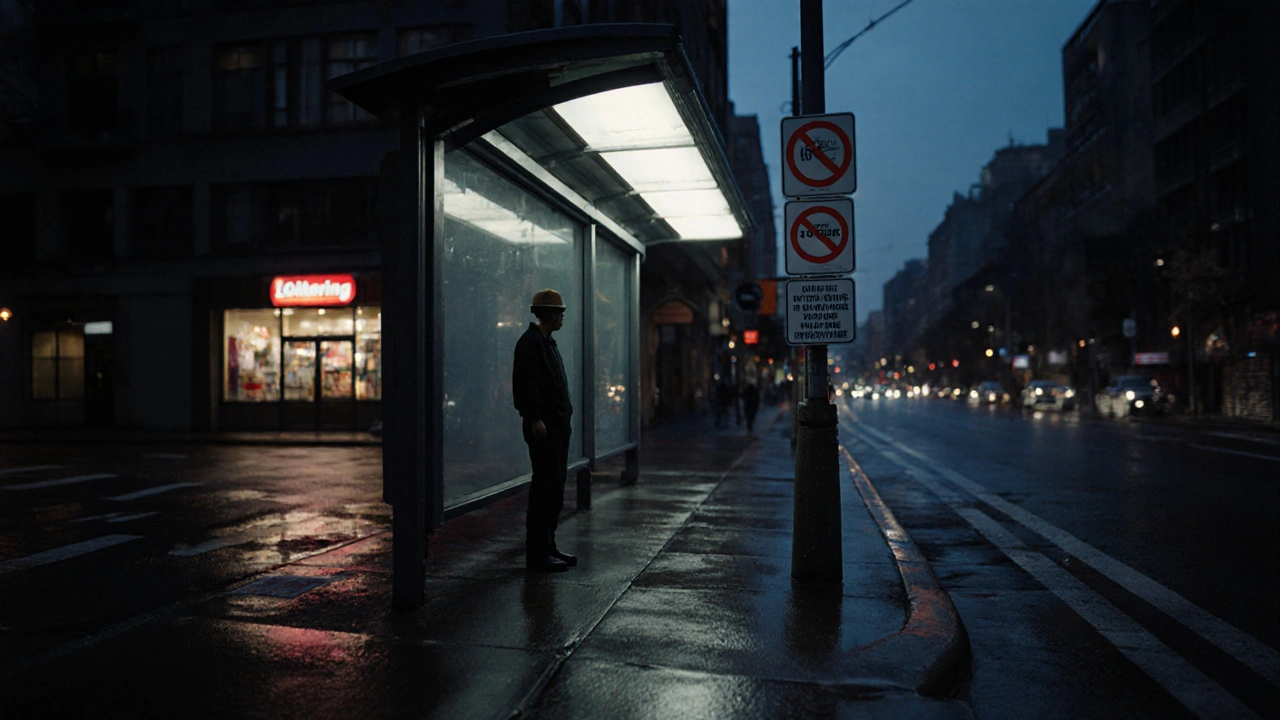Urban Policing and Sex Work: Safety, Surveillance, and Rights
When we talk about urban policing, the systems and practices law enforcement uses to monitor and control public spaces in cities. Also known as city law enforcement, it shapes how people move, work, and stay safe in public. For sex workers, urban policing isn’t just about crime—it’s about who gets watched, who gets targeted, and how digital footprints turn into evidence. It’s not just about patrols and checkpoints. It’s about phone seizures, sting operations, and policies that treat survival work as a public nuisance.
Police surveillance, the monitoring of individuals or groups by law enforcement using technology or physical presence. Also known as law enforcement monitoring, it often targets marginalized communities under the guise of public safety. In cities across the UK, that means sex workers’ phones get pulled during raids, their messages read, and their client lists used as proof of illegal activity—even when no law was broken. Digital privacy, the right to control personal data and communications from unauthorized access. Also known as online security, it isn’t a luxury—it’s a survival tool for people doing this work. If your phone is your calendar, your payment tracker, and your safety log, then losing it means losing your ability to work, pay rent, or prove you weren’t coerced.
And it’s not just about technology. Legal rights for sex workers, the protections and access to justice sex workers should have under the law, regardless of their work status. Also known as sex worker rights, it is often ignored even in places where sex work isn’t technically illegal. You can have a license, pay taxes, and follow every rule—and still be turned away from a hospital, denied housing, or arrested under vague public order laws. Urban policing doesn’t just respond to crime. It creates the conditions that make sex workers vulnerable in the first place.
What you’ll find here aren’t abstract theories. These are real stories, real tools, and real strategies from people who’ve been stopped, searched, and surveilled. From how to document an incident before police show up, to what happens when your phone gets seized, to how tour escort services navigate the same city streets under different rules—this collection gives you what you need to stay safe, stay informed, and push back when the system fails you.

- Oct, 31 2025
- 0 Comments
Loitering and Prostitution-Free Zones: How Local Laws Target Sex Workers
Loitering and prostitution-free zones are used to push sex workers out of public spaces, increasing their risk of violence and arrest. These laws don’t improve safety-they make survival harder.
read more